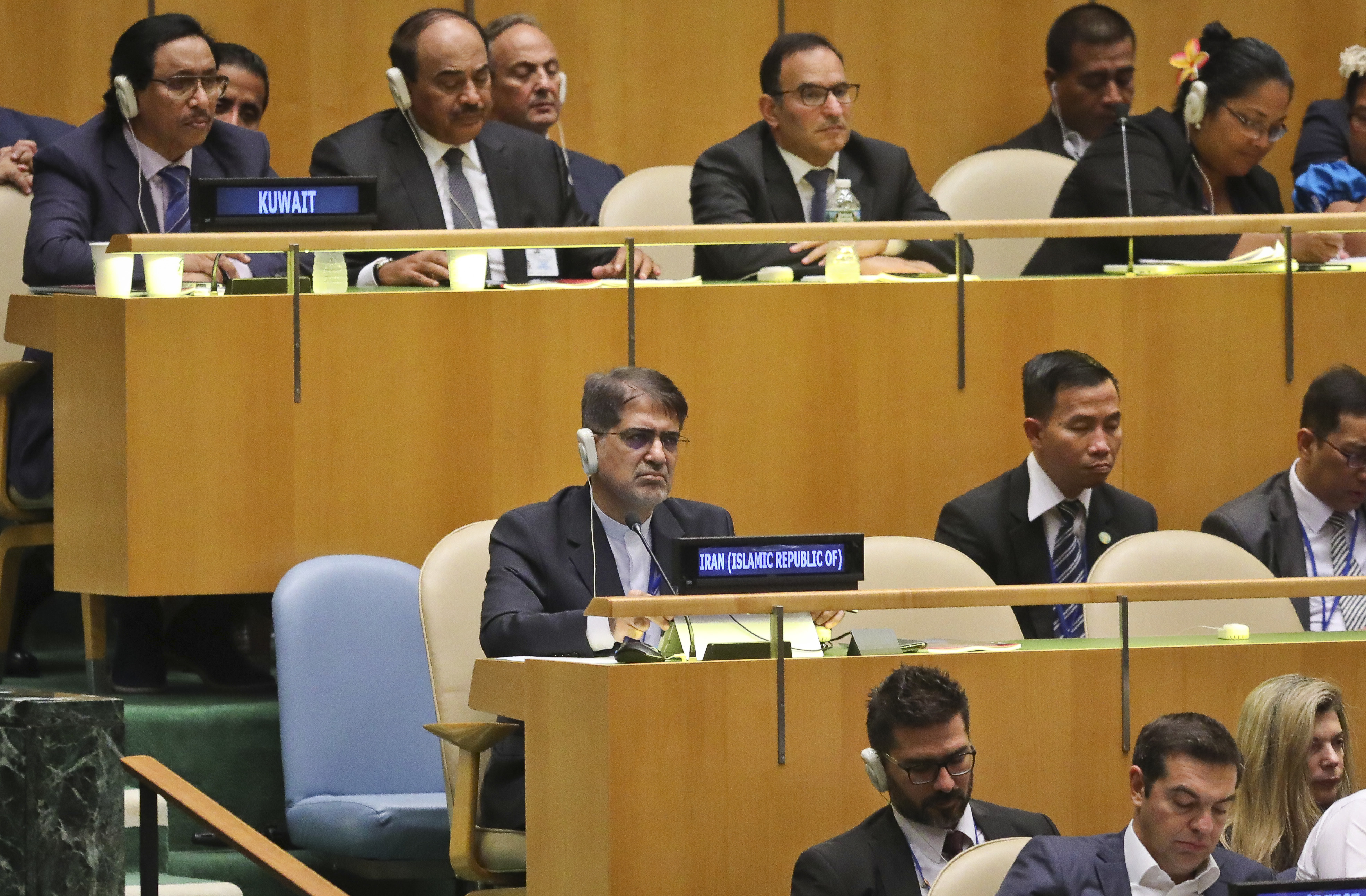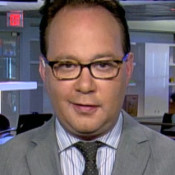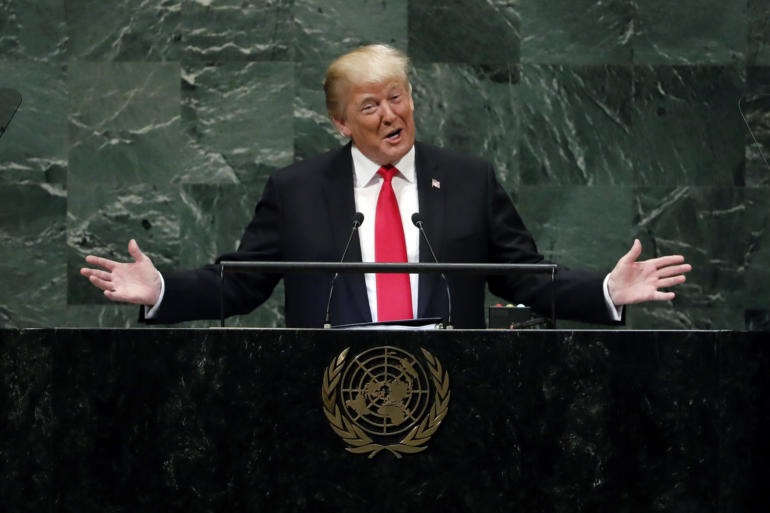Divisions were on display at the United Nations General Assembly. U.S. President Donald Trump spent part of his speech to the world leaders gathered lashing out at Iran. The Iranian leader countered with accusations against the United States.
CGTN’s Nathan King filed this report from the United Nations headquarters in New York.
Iranian journalist and commentator Negar Mortazavi has had a tough job recently. She’s had to explain to Iranian audiences why the U.S. has unilaterally pulled out of the nuclear deal that lifted international sanctions, and hopes, inside her native country.
“I talk to Iranians on the ground all the time. People are either worried, or hopeless, and they are just angry at the current situation,” Mortazavi said. “There were celebrations after the deal was struck and the Iranians were very hopeful of the economic benefits that the deal would bring to them, and they didn’t see as much as they were promised.”
The U.S. withdrawal from the deal, its re-imposition of sanctions on Iran, and the pressure Washington put on its allies and others to abandon the Iran deal will all be center stage at this U.N. General Assembly.

A lone Iranian diplomat, center, listen as President Donald Trump address the United Nations General Assembly, Tuesday Sept. 25, 2018 at U.N. headquarters. (AP Photo/Bebeto Matthews)
U.S. President Trump is set to chair a United Nations Security Council meeting, where the subject of the Iran nuclear deal is likely to come up.
Trump is widely expected to use his appearances at the United Nations General Assembly to highlight what Washington calls ‘bad behavior’ by Iran in Syria, Yemen, and elsewhere in the Middle East. Analysts also expect Trump to pressure U.S. allies and big buyers of Iranian oil to stop doing so with a U.S.-declared deadline of November 4.
Mortazavi thinks Trump will have a tough time getting the international community on board.
“This is not just a question of trade. This is a question of security for Europeans, because Iran in the Middle East is an area that is very close to them geographically,” she explained. “But, there is also a question of principles for certain European diplomats who put almost a decade and a final two years of rigorous negotiations into this thing, and don’t understand why President Trump had to unravel it unilaterally.”
Many nations, like India and Japan, want to continue to buy Iranian oil, and have asked the U.S. to exempt them from sanctions. Russia and China have vowed to keep the Iran nuclear deal on track, despite U.S. withdrawal and pressure.
Some suspect Washington is trying to make Tehran collapse economically, ushering in a change of government.
“I think that this administration is not very sure what their policy is,” Mortazavi said. “In public, they are saying that their policy is not ‘regime change,’ because regime change would require military intervention. Regime change would require, essentially, another war in the Middle East, something President Trump has been critical of.”
Ahead of President Trump’s Security Council meeting, the assembly will hear directly from Iranian President Hassan Rouhani from the U.N. General Assembly platform. According to the United Nations, Tehran has stuck to the nuclear agreement and is still living up to its side of the deal. However, pressure is growing economically and politically in Iran to take a more confrontational position towards Washington, making this coming week’s diplomacy crucial.
Iranian journalist Negar Mortazavi delves into President Trump’s UNGA address
Iranian journalist and commentator Negar Mortazavi spoke to CGTN’s Mike Walter right after U.S. President Donald Trump’s address at the U.N. She discussed the president’s inconsistency when it comes to Iran.
Kaveh Afrasiabi discusses the contentious relationship between the US and Iran
CGTN’s Asieh Namdar spoke to Iran foreign affairs analyst Kaveh Afrasiabi about U.S. President Donald Trump’s Iran remarks to the U.N. General Assembly. Afrasiabi is the co-author of ‘Iran Nuclear Accord and the Remaking of the Middle East’.
Jonathan Broder discusses China’s role at the United Nations
CGTN’s Asieh Namdar spoke to Jonathan Broder about China at the U.N. General Assembly. Broder is a Washington-based, senior writer for Newsweek covering national security.
 CGTN America
CGTN America
 President Donald Trump addresses the 73rd session of the United Nations General Assembly, at U.N. headquarters, Tuesday, Sept. 25, 2018. (AP Photo/Richard Drew)
President Donald Trump addresses the 73rd session of the United Nations General Assembly, at U.N. headquarters, Tuesday, Sept. 25, 2018. (AP Photo/Richard Drew)
